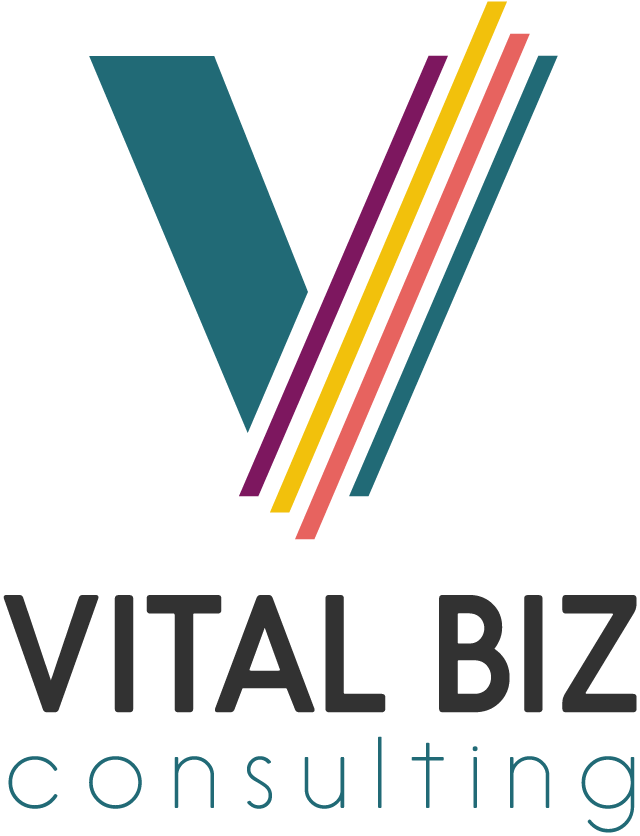What's Your Culture Strategy?
When I ask leaders..."what is your organization's culture strategy?"....usually I get blank stares.
Hmmm...I completely empathize as many companies are coming out of survival mode for 2.5 years. If this describes you, you are not alone.
If you are confident that your culture is healthy, do your people describe the culture in a consistent, compelling ways? Your employees may not know how to describe your culture clearly, no matter how great it is, because there is no common language or guidance from the top.
🏥 This is one reason I designed the Culture CARES strategic framework to help leaders in healthcare, medical, and pharma companies build a culture aligned to their missions of making our world a healthier place.
BUT - Houston, we have a problem. Employees within these industries are reporting extreme burnout, stress, and overwhelm.
The Great Resignation & Quiet Quitting trends permeate the labor market because people do not want to sacrifice mental health and wellness for their jobs anymore.
🧐 Think about it: Most people choose a career in health as a calling. They want to care for other people in some capacity and contribute to a healthier world.
In return, these same people want to work for companies that CARE about them as a whole human being. They want to feel valued, respected, and appreciated at work – by management, peers, and leadership.
Who can blame them? Don’t we all want that? It is not too much to ask.
Effective executives lead with an inspiring vision and know how to care deeply while maximizing the motivation and potential of the humans who work there.
However, many leaders are understandably overwhelmed with how to foster the most ideal, inclusive environments as we try to rebound from ongoing COVID disruptions and toggle between remote, hybrid, and in-office situations.
😇 This is where the CARES formula comes in.
CARES is a strategic framework to help ensure that employees feel empowered to have a voice in decisions that affect their daily lives. We make sure the culture is working for everyone, not just a few.
🏆 One grand prize for cultural success is Best Place to Work awards. I get really excited about building award-winning cultures.
Because when companies reach this level of excellence, the financial rewards are proven:
♥ Turnover drops 50% compared to competitors
♥Dramatically improved customer and patient satisfaction
♥Increased innovation, employee engagement, organizational agility
♥ Stock market returns are 2-3x greater
♥High-trust cultures precede Best Workplaces’ financial performance
CARES is an internal rallying cry that demonstrates you put the "care" back into healthCARE. When your external brand promise for patients and caregivers is authentically reflected in your internal culture for employees, there is no limit to your success.
Great, so what does CARES stand for, you ask?
Commitment
Appreciation
Respect
Engagement
Safety
Think of it like a roadmap to high performance and business growth.
Fortify COMMITMENT
Commit to a data-driven culture of excellence, accountability, and continual improvement
Recommended Tactics: Implement a new feedback system to assess baseline results, set metrics for success, and track cultural progress. Aim to survey every six months and check in with periodic pulse checks.
Energize APPRECIATION
Give meaningful, sincere, and “surprise & delight” recognition
Recommended Tactics: Learn what type of appreciation is most meaningful for people on your team. Create informal opportunities for connection, celebrate more milestones together, and recognize people demonstrating company values
Strengthen RESPECT
Address diversity, inclusion, equity, and empowerment through role clarity
Recommended Tactics: Measure DE&I separately from engagement, salary band transparency, and role clarification, and offer flexible policies that align with the mission to care
Activate ENGAGEMENT
Learning and professional development address burnout.
Recommended Tactics: A culture of learning offers coaching, mentoring, training, and multiple opportunities for development. Use strength-based assessments to learn what people are intrinsically motivated to do. Conduct team dynamics workshops to build collaboration skills.
Nurture SAFETY
Recommended Tactics: Psychological safety assessment, education, and training, EQ assessment and coaching, encourage employees to take risks, raise a hand when struggling, and ask for help – all without fear of shame or retribution
A culture of trust is based on a psychologically safe environment.
Emotional intelligence (EQ) and listening are vital skills that can bring people can elevate through coaching.
The more we listen, the more we learn.

